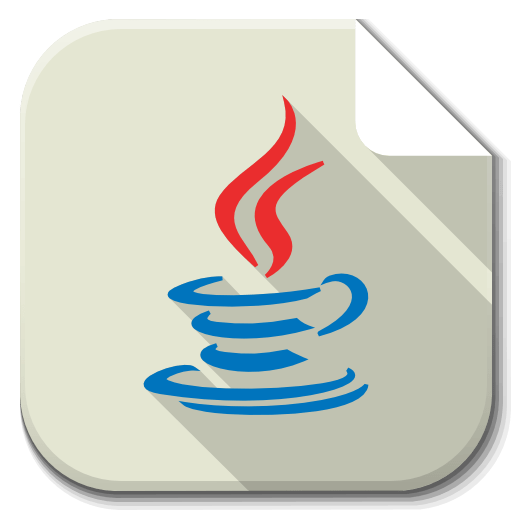
Play Store Application link – Hibernate – in 10 steps – Apps on Google Play
Introduction to Hibernate and ORM
- Hibernate is an Object-Relational Mapping (ORM) framework for mapping Java objects to relational database tables.
- ORM is a technique for mapping objects in an object-oriented programming language to relational databases.
Why Use Hibernate?
- Open-source framework
- Provides a high-level API for common database operations
- Supports lazy loading, making it more efficient than other ORM frameworks
- Supports a wide range of database systems
How Hibernate Works
- Mapping between Java objects and database tables defined in Hibernate configuration file
- Hibernate framework uses configuration file to generate SQL queries
- Uses object-relational mapping (ORM) to map Java objects to database tables
- Allows developers to work with Java objects as if interacting directly with the database, without writing complex SQL queries
Hibernate Architecture

Conclusion
- Hibernate is a powerful ORM framework for building Java applications that interact with databases
- Provides a high-level API and supports a wide range of database systems
- Open-source license makes it a great option for developers.
